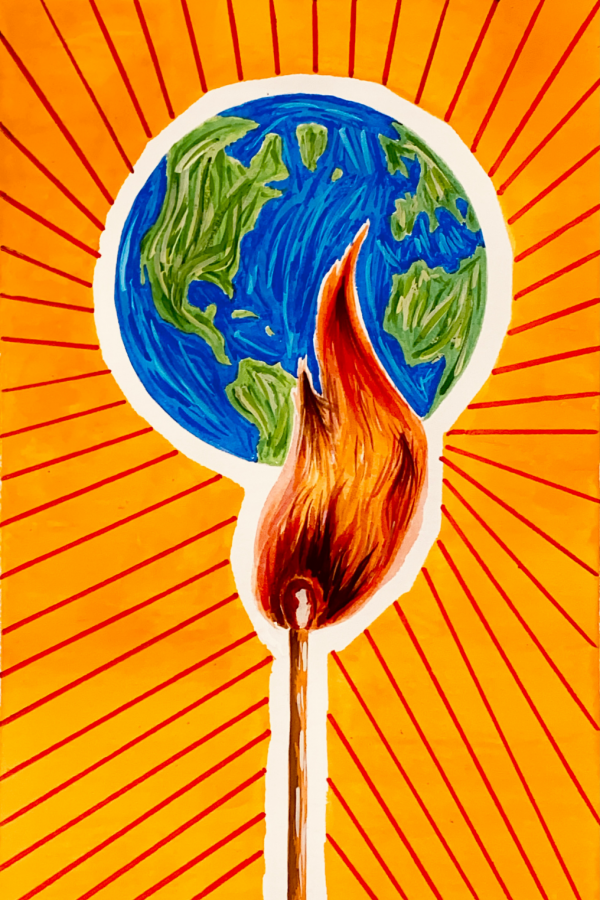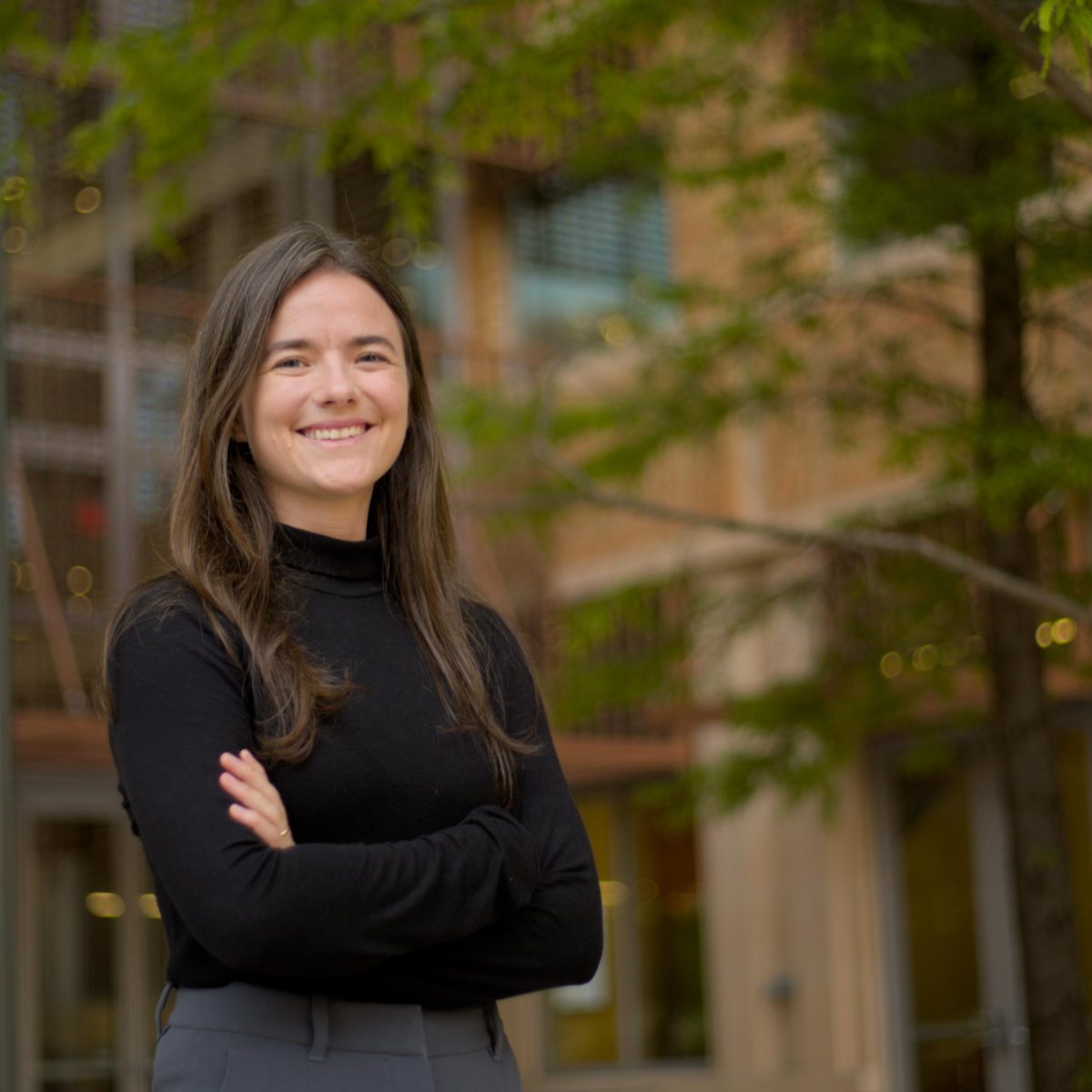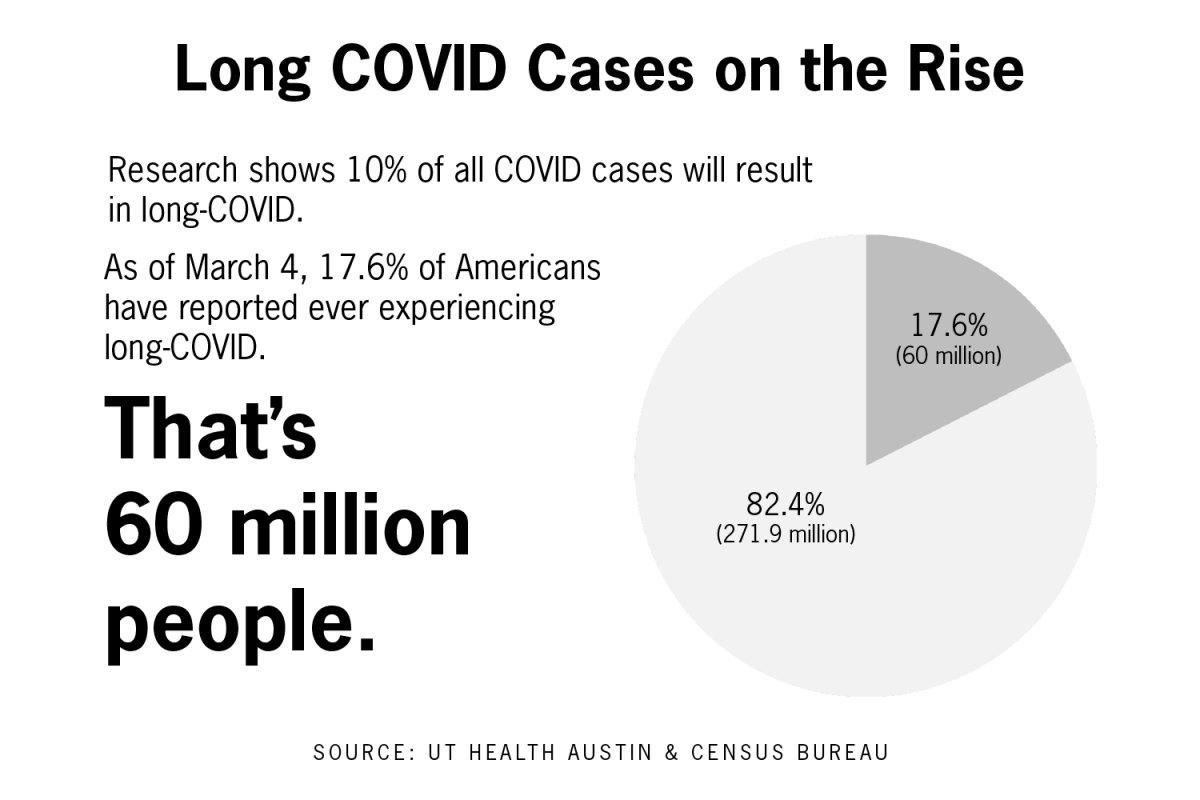The University announced plans earlier this month to lead a federally-funded research project with the City of Austin to make Texas communities more resilient to extreme climate fluctuations.
U.S. Rep. Lloyd Doggett secured $1.5 million this summer in a House appropriations bill to fund the climate collaborative. The long-term research project, spearheaded by professor Dev Niyogi from the Jackson School of Geosciences, will include a mix of University and city partners to holistically examine how communities can better prepare for extreme climate, such as heat waves, ice storms and droughts.
Doggett said in a press conference on Sept. 7 that he expects the funding to be finalized by the end of the year.
“Overcoming obstruction from those who reject climate science is certainly very important,” Doggett said at the conference. “We can’t get the job without overcoming that obstruction, but we can’t wait here in Austin for state and federal action that’s been so long in coming.”
In addition to Niyogi, University partners in the collaborative include assistant professors Patrick Bixler from the LBJ School of Public Affairs, Junfeng Jiao from the School of Architecture, Paola Passalacqua from the Cockrell School of Engineering and Zong-Liang Yang from the Jackson School of Geosciences.
Between record-breaking heat waves and unexpected freezes, the Austin community is familiar with both sides of the climate spectrum and the dangers that come with those extremes. Niyogi said conversations about the climate collaborative started after Winter Storm Uri, the aftermath of which triggered his desire to develop tools for identifying areas that are susceptible to climate harm.
Niyogi said the project isn’t about preventing extremes, as those are here and happening, but about developing tools and strategies to keep communities out of harm’s way.
“We cannot stop a hurricane from making landfall, nor can we prevent a heat wave from spreading across Texas,” Niyogi said in an email. “What we can and will do is create tools and resources that will help businesses and communities develop resilience and alternatives.”
Niyogi said his research will focus on developing an urban digital twin, or a virtual 3D replica of the city, which can then be used to analyze the impacts of extreme weather on infrastructure. Niyogi said the project goes beyond computational modeling, though, and will also explore how the data can be used for policymaking and community outreach.
“We need information now and here in our backyard (and) across our neighborhoods to make the decisions that can help our city and communities,” Niyogi said.
Marc Coudert, climate resilience and adaptation manager for the City of Austin, said representatives from the Office of Resilience and Office of Sustainability will meet with University researchers about every two weeks. The project aims to combine qualitative data with lived experiences, as data used for decision-making in the past sometimes lacked future climate projections and community voices, Coudert said.
“We’re focused on the people with the least amount of resources,” Courdert said. “They tend to be the first hit and worst hit.”
The new collaborative expands on previous research from Planet Texas 2050, a climate resilience initiative launched in 2018 as part of the University’s Bridging Barriers project. Heidi Schmalbach, Planet Texas 2050 program director, said she’s glad to see interdisciplinary approaches to climate preparedness grow, and she expects that other parts of Texas will be able to replicate Austin’s model.
“We will be continuing to make connections to arts and humanities, which are as important as physical sciences and social sciences,” Schmalbach said. “Climate change is as much a cultural issue as anything else, so we need cultural solutions.”
Editor’s note: A previous version of this story left Zong-Liang Yang out of the list of professors working on the climate collaborative. The Texan regrets this error.





















